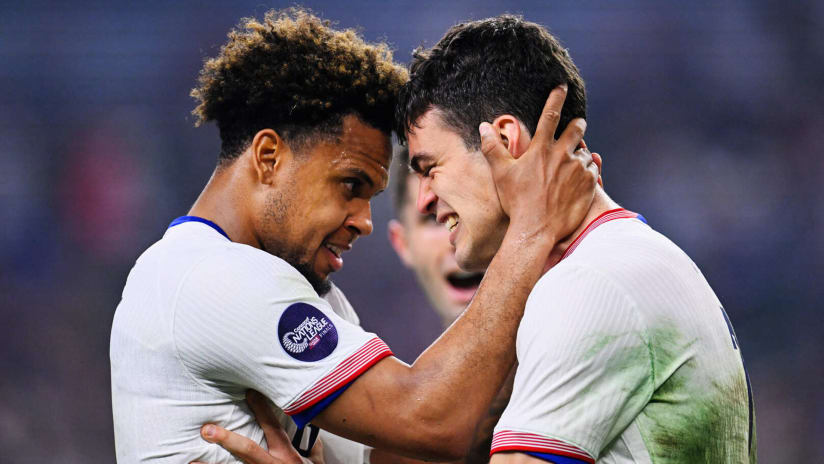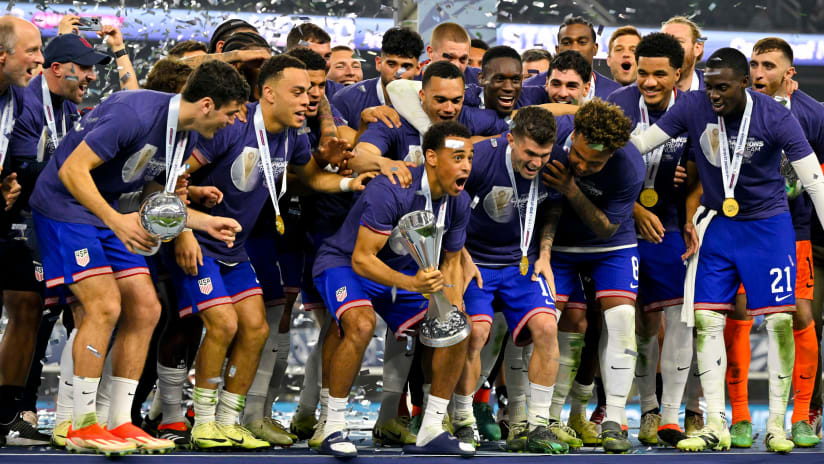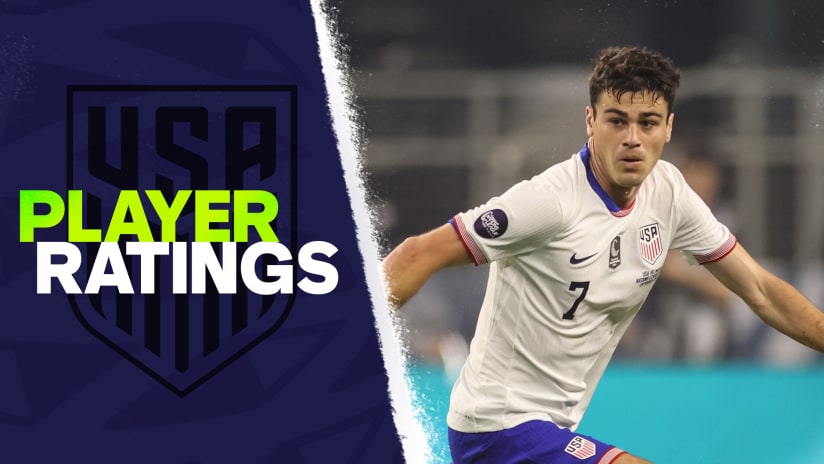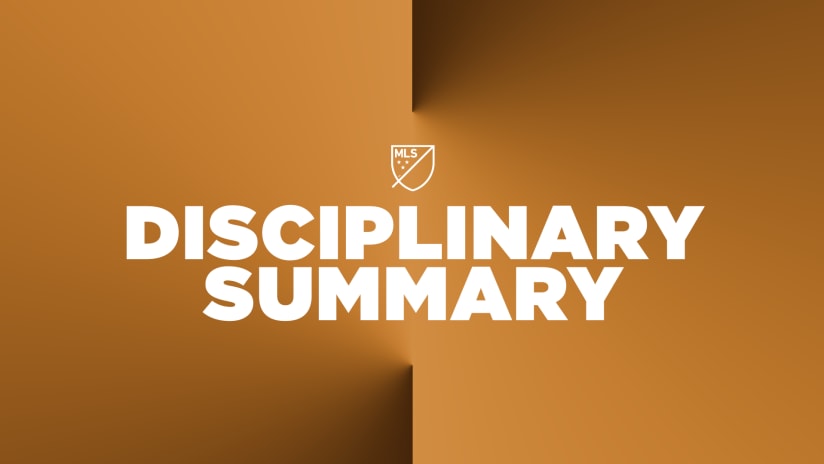The beginning of a new World Cup cycle can be an awkward time for national team programs. To start with, many of them will have just dispensed with the coach that led them to the close of the last cycle, with failure to win the tournament, or even qualify for it, usually providing the justification. That typically means new faces galore, a range of new ideas to go with them, and a corresponding learning curve.
On paper, US national team coach Jurgen Klinsmann faces no such issues. Months before his team had even set foot in Brazil, he had already earned a contract renewal -- and an added title, technical director -- that runs through Russia 2018. As such, he enjoys levels of power and job security that few of his global peers can match.
Still, for years, he's talked about possession and technique and fluidity, then fielded teams that prioritized other qualities altogether. But lately, his team's shown an impressive commitment to slick passing and attacking flair, most notably in last month's stunning wins over the Netherlands and Germany.
Klinsmann's own celebrity, meanwhile, has helped garner his federation extra exposure and revenue. That's led them to, in turn, pledge dramatic increases in funding for a range of developmental programs across multiple levels. Some of his bold roster moves of the past year or so (think DeAndre Yedlin, John Brooks and Jordan Morris) have also resulted in a batch of bright young talent with ample experience in Klinsmann's way of doing things.
But when you step back from the particular news cycles in which it is delivered, Klinsmann's revolution-tinged rhetoric hasn't changed all that much since Brazil 2014. He's described the task ahead as “tak[ing] all the energy, all the enthusiasm coming out of the World Cup in Brazil and tak[ing] it to another level,” a turn of phrase that should by now sound very familiar to USMNT observers.
The German-Californian's end-of-year Q&A in January also spoke of "international benchmarks" and catching up with bigger national teams. He also discussed improvements in the areas of talent identification, coaching education, and increased public outreach to the general public, using the national team as “the locomotive of the development of the sport” in the United States.
Pegging those specific topics provided some welcome specificity from a charismatic figure who often spends too many words on sunny generalities. But the massive scope and sheer volume of these areas makes it difficult for Klinsmann and his staff to even get a handle on them all, much less give the rest of us an objective set of criteria within which to evaluate his success or failure.
Such is the standard operating procedure with Klinsmann. Contradictions are inevitable given the Walt Whitman-esque size and complexity of his persona. Those seeking practical messaging in his public statements and decisions are often left confused.
If Klinsmann sought to turn the page on a new era after last year, why are more than a dozen Brazil 2014 campaigners on this Gold Cup squad, and six players 30 or older? (Brad Davis, had he not been forced out by injury, would have been a seventh.)
“We came out with a roster full of quality, but also a lot of experience,” Klinsmann said when the team was announced, “players that are used to playing in the CONCACAF region and also younger players that came through the ranks over the last year that made a stamp on the senior national team program.”
He's made clear that winning the Gold Cup, and thus guaranteeing passage into the rarified air of the 2017 Confederations Cup, is his number-one priority this summer, and that he believes that this group is the best-equipped to do so. In this case, “turning the page” actually means ending the period of wild, at times seemingly haphazard experimentation with personnel, roles and formations which unfolded after the round-of-16 loss to Belgium.
Even the kids on this squad know how Klinsmann works, and most of the veterans are humble enough to recognize that they could be phased out as soon as younger alternatives are ready to step up. Statements from the likes of Kyle Beckerman suggest that “training your replacement” – a downright ghastly concept in some workplaces – has become a key component of this team's culture.
A closer look at specific areas hints at more long-range thinking than some of that “win now” talk lets on.
The backline of the future appears to be well under construction, for example, with Brooks, LA Galaxy star Omar Gonzalez, and Club América's Ventura Alvarado probably figuring prominently. Brad Evans, age 30, is the only defender who could remotely be described as long in the tooth, and as one of the last cuts from the World Cup roster, he of all people won't be taking these call-ups in any way other than one day at a time.
While it would be nice if Klinsmann wielded the bully pulpit provided by his stature as American soccer's most visible decision-maker a bit more coherently, it's more important that his ideas be efficiently conveyed to his team, with evidence to show it on the field of play.
And in that regard, those exhilarating recent friendly wins – not to mention the relatively stylish work of that last Gold Cup trophy run in 2013 – provide a promising road map.













